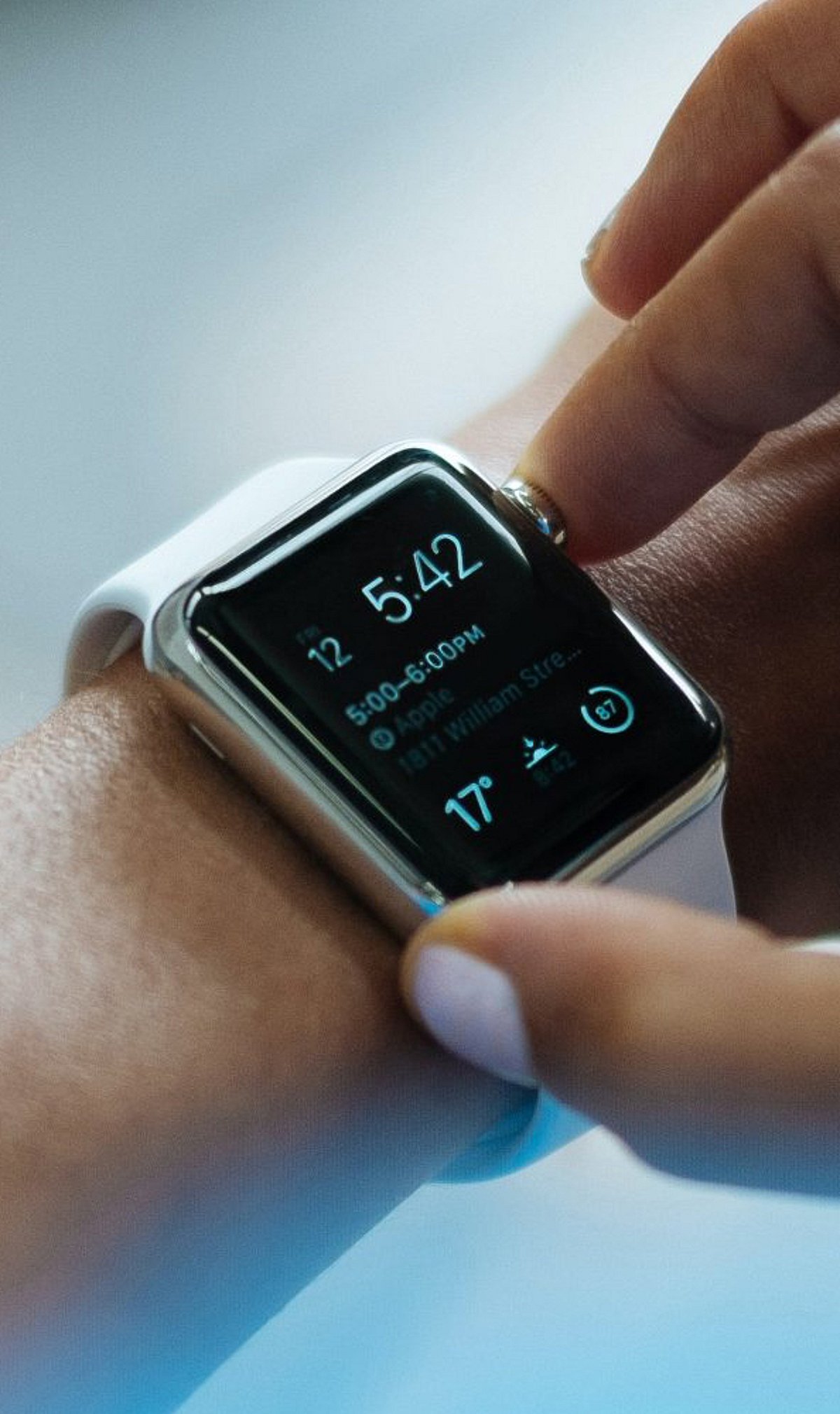The Rise of Wearable Technology: How AI is Shaping Our Health Monitoring Devices
Author: Analytics Insight

In recent years, wearable technology has made significant strides, evolving from basic fitness bands to sophisticated devices equipped with artificial intelligence. As concerns about health and wellness grow, the integration of technology in personal health monitoring has become a necessity rather than a luxury.
Fitness bands paved the way for wearables by enabling users to track their physical activities, heart rate, and sleep patterns. These devices laid the groundwork for consumer acceptance of technology embedded in daily life, serving as a motivation tool for many fitness enthusiasts.
The development of smartwatches marked a new milestone in wearable technology. Combining the functionalities of a fitness tracker with advanced capabilities such as notifications, calls, and app integration, smartwatches have become versatile devices for everyday use. Major tech companies like Apple, Samsung, and Fitbit have invested heavily in this market.

Wearable Technology: From Fitness Bands to Smartwatches.
As wearables continue to evolve, artificial intelligence has started playing a pivotal role. AI-enabled devices can analyze vast amounts of health data in real time, providing users with insights tailored to their unique health needs. For instance, wearables can alert users to irregular heart rates or suggest changes to improve sleep quality.
AI assistants embedded in wearables further enhance user experience by providing personalized feedback and motivation. These assistants can track progress towards fitness goals, recommend workouts, and even integrate with health apps to provide a comprehensive overview of the user's health.
With advances in sensors and AI algorithms, the potential for wearable technology is vast. Emerging devices are being developed to monitor conditions such as diabetes and cardiovascular diseases more accurately, improving overall disease management and reducing the need for frequent hospital visits.
As AI continues to advance, the future of wearable technology looks promising. Companies are exploring ways to make these devices more user-friendly and technologically sophisticated, ensuring they remain relevant in a fast-paced digital world.
The increasing adoption of wearable technology is also shifting the landscape of healthcare. Patients can now gather and share health data with their healthcare providers seamlessly, enabling more informed and proactive medical decisions.
However, the rapid advancement of technology also raises ethical questions surrounding data privacy and security. As wearables collect sensitive health information, addressing these concerns is crucial to maintain consumer trust and ensure compliance with regulations.
Ultimately, the evolution of wearable technology represents a shift towards a more health-conscious society that values data-driven insights. As these devices improve, they will play an increasingly important role in personal health management, helping users lead healthier lives.